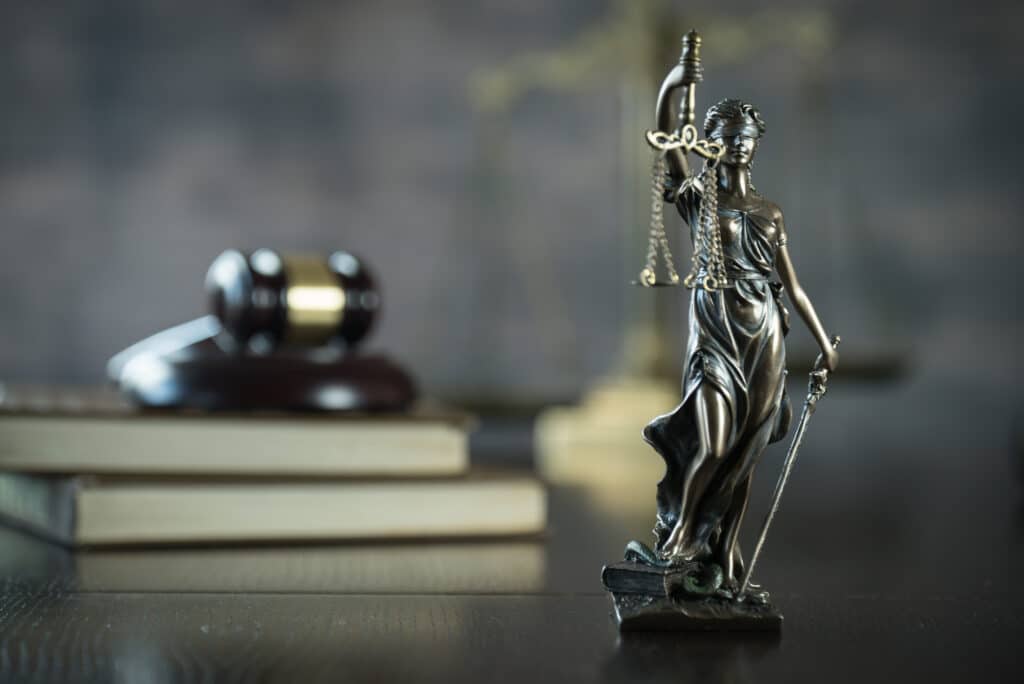If you’ve been charged with a crime in Baltimore County, MD, it’s crucial to understand your legal rights and protections under the U.S. Constitution. One of these fundamental safeguards is the Double Jeopardy clause, which shields individuals from being prosecuted or punished twice for the same offense.
What is Double Jeopardy?
The Double Jeopardy clause, derived from the Fifth Amendment to the U.S. Constitution, states that no person shall “be subject for the same offense to be twice put in jeopardy of life or limb.” In simpler terms, this means that once an individual has been acquitted (found not guilty) or convicted (found guilty) of a crime, they cannot be tried again for the same offense.
This fundamental legal principle serves as a critical safeguard against the government’s abuse of power and ensures that individuals are not subjected to multiple prosecutions for a single alleged crime. It promotes finality in the criminal justice system and prevents the state from harassing or oppressing individuals through repeated trials.
Double Jeopardy in Maryland
In Maryland, the principle of double jeopardy is codified in both the U.S. Constitution and the Maryland Declaration of Rights. The state’s courts have consistently upheld this protection, recognizing its importance in preserving the fairness and integrity of the criminal justice system.
However, it’s important to note that the double jeopardy clause does not provide absolute immunity from subsequent prosecutions. There are certain exceptions and nuances to this rule, which can vary depending on the specific circumstances of a case.
Exceptions to the Rule
While the double jeopardy clause offers strong protection against multiple prosecutions for the same offense, there are some exceptions to this rule:
- Separate sovereigns: If an individual is prosecuted by both federal and state authorities for the same conduct, it is not considered double jeopardy. This is known as the “dual sovereignty” doctrine, which allows separate jurisdictions (e.g., federal and state) to independently prosecute an individual for the same act.
- Mistrials: If a judge declares a mistrial due to specific circumstances, such as a hung jury or prosecutorial misconduct, the defendant can be retried for the same offense without violating double jeopardy protections.
- Separate offenses: If an individual’s actions constitute multiple offenses, they can be prosecuted and punished separately for each crime without violating double jeopardy principles.
- Appeals and retrials: If a conviction is overturned on appeal due to legal errors or new evidence, the defendant can be retried without violating double jeopardy protections.
Navigating Double Jeopardy Complexities
While the concept of double jeopardy may seem straightforward, its application can be complex and nuanced, especially in cases involving multiple charges, different jurisdictions, or appeals. That’s why it’s crucial to have an experienced and knowledgeable criminal defense attorney by your side.
The criminal defense team at Shepard Law has extensive experience navigating the intricacies of double jeopardy protections in Maryland. We understand the importance of safeguarding your constitutional rights and ensuring that you are not subjected to multiple prosecutions for the same alleged offense.
If you’ve been charged with a crime in Baltimore County, MD, don’t hesitate to contact us. Our dedicated legal team will thoroughly review your case, advise you on your rights and options, and vigorously defend your interests throughout the legal process.
Remember, the Double Jeopardy clause is a fundamental protection enshrined in the U.S. Constitution, designed to prevent the government from subjecting individuals to repeated prosecutions and punishments for the same offense. By understanding your rights and working with a knowledgeable criminal defense attorney, you can ensure that your double jeopardy protections are upheld and your legal interests are safeguarded.
Contact Shepard Law today to schedule a confidential consultation and take the first step towards securing the legal representation you deserve.



